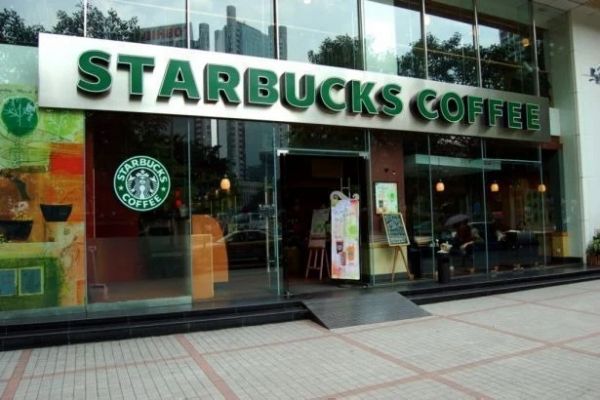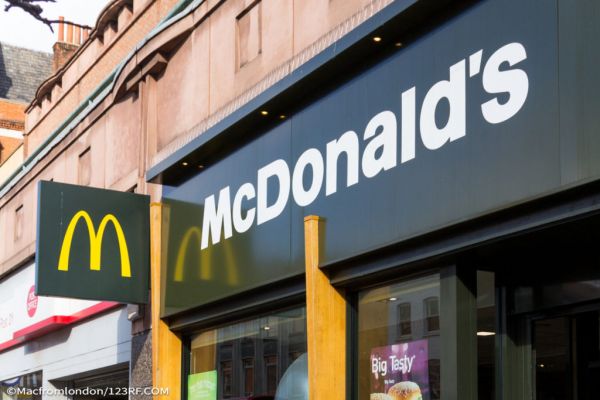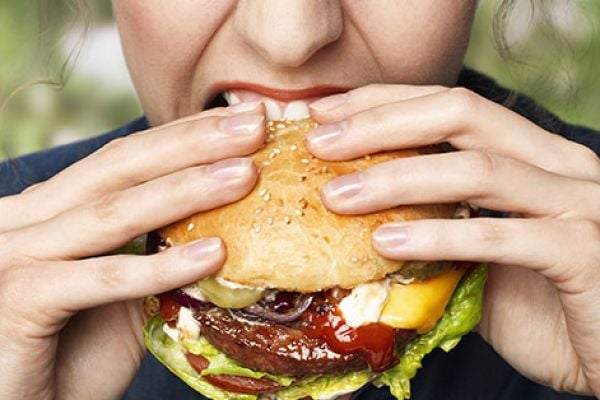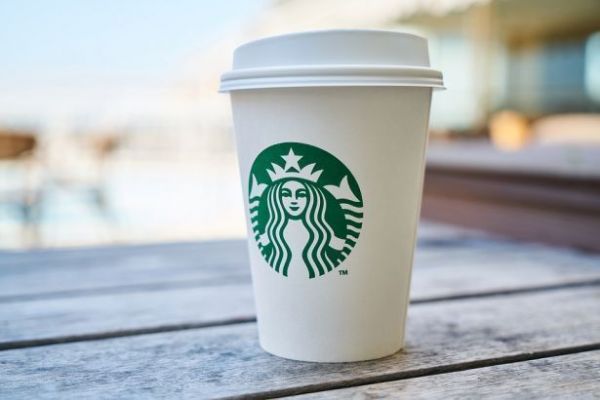Starbucks Corp's SBUX.O longtime former chief executive officer, Howard Schultz, will return to lead the company for the third time, taking over as interim CEO and driving strategy for dealing with a growing union drive at US cafés.
Details
Current chief executive Kevin Johnson will retire, and Starbucks will look for a new leader, the company has said.
Schultz is practically synonymous with the company he took over in 1987. He expanded it into a coffee behemoth that made venti cappuccinos a global phenomenon.
"Schultz is a revered leader and uniquely well-qualified to steward" the company, said Credit Suisse analyst Lauren Silberman. Schultz will receive $1 of compensation.
The board expects to have selected a new leader by the fall, with help from executive search firm Russell Reynolds Associates, which it enlisted in 2021. Schultz did not make an appearance during Wednesday March 16's annual shareholder meeting.
Separately, shareholders voted down a proposal for the company to produce annual reports on the prevention of harassment and discrimination in the workplace.
Johnson signaled to the board of directors a year ago that he might retire when the COVID-19 pandemic waned, he said in a company statement.
Johnson, 61, has been at Starbucks for 13 years, the last five as CEO.
Johnson steered the company through the worst of the pandemic, when cafes around the world had to shutter temporarily. While sales initially nosedived, they roared back as customers shifted to to-go and drive-thru and placed orders on Starbucks' mobile app.
The company also shifted its approach to building new cafes and is now adding more smaller stores with less room for seating and more emphasis on to-go orders in urban areas, while adding more drive-thru space in suburban locations.
Under Johnson's watch, Starbucks also lifted wages for employees several times - before most other global restaurant chains. Hourly starting pay will range from $15 and $23 by this summer.
Union Push
The success of the mobile app, however, led to long lines and overworked employees in some areas. That barista burnout, as well as accusations by some workers that they were not getting enough protection from the virus at work, contributed to a surge of union organizing in US locations.
On Tuesday 15 March, a federal labour board accused Starbucks of unlawfully retaliating against two employees in a Phoenix, Arizona, café for trying to unionise their store.
The same day, a group of investors with $3.4 trillion under management urged the company to stop sending anti-union communications to its employees and to adopt a neutral policy towards unions.
The group, led by Trillium Asset Management and SOC Investment Group, said that Starbucks risked damaging its positive reputation as a pro-employee brand by fighting the union.
Schultz has long said that Starbucks did not need unions because it works so closely with employees, whom it calls "partners."
He has already had a run-in with Workers United, the union now representing employees at six stores. Employees at more than 140 stores in 27 states have asked for union elections in the last seven months.
In November, Schultz spoke to employees who had been ordered to a large meeting with managers in Buffalo, where the first of Starbucks' 9,000 US company locations were deciding whether to join the union.
In the meeting, Schultz likened Starbucks' pro-employee stance to Holocaust prisoners in concentration camps sharing blankets, according to media reports. The remarks led to backlash on social media.
"Schultz came to Buffalo to union-bust," wrote union organiser and barista Jaz Brisack on Twitter after the news on Wednesday 16 March. "His takeover is another move in Starbucks' ideological war on unions."
Johnson took the helm after Schultz resigned in 2017.
In a letter to employees on Wednesday 16 March, Johnson said that he has "fond memories of making beverages together, laughing together, and sharing stories with one another."
Starbucks will "attract high-quality CEO candidates given its culture, global brand recognition and strong growth outlook," said BMO Capital Markets analyst Andrew Strelzik.
Because Johnson had previously worked in technology - at Microsoft and Juniper Networks - the board's search is likely to be broad. However, "we prefer to see an incoming CEO with strong consumer industry experience," Strelzik said.
The CEOs of Domino's Pizza Inc and Wingstop Inc also resigned in the last two weeks.
Former Starbucks chief operating officer Troy Alstead, who left in 2016, "was beloved by the investment community" and "ought to be on the short list" for the CEO role, Cowen analyst Andrew Charles said.
Several internal candidates could be considered, but "unionization publicity could be a factor pushing the company to look externally," Charles said.
Volvo Cars Teams Up With Starbucks For Pilot EV Charging Network
The above news followed news that Volvo Cars US VOLVb.ST said on Tuesday 15 March that it was partnering with coffee giant Starbucks Corp SBUX.O to create a public electric vehicle (EV) charging network that is set to begin this summer.
The Swedish automaker maker said that its pilot installations would include as many as 60 Volvo-branded ChargePoint DC fast chargers at up to 15 Starbucks store locations.
Volvo, which plans to have a charger installed at every 100 miles, said that it expects the installations to be completed by the end of 2022. The charging stations could be used by all EV drivers for a fee. However, Volvo car owners could use these at no charge or at preferential rates.
The move comes as automakers race to overtake EV maker Tesla Inc TSLA.O, with Ford Motor Co F.N on Monday 14 March unveiling plans for seven new electric models that it plans to launch in Europe.
Volvo Cars, which is primarily owned by China's Geely Holding [RIC:RIC:GEELY.UL], aims to sell 50% pure electric cars by the middle of this decade and fully electric cars by 2030.
The Biden administration last month also unveiled its plan to award nearly $5 billion over five years to build thousands of electric vehicle charging stations to help combat this issue.
News by Reuters, edited by Hospitality Ireland. Click subscribe to sign up for the Hospitality Ireland print edition.









